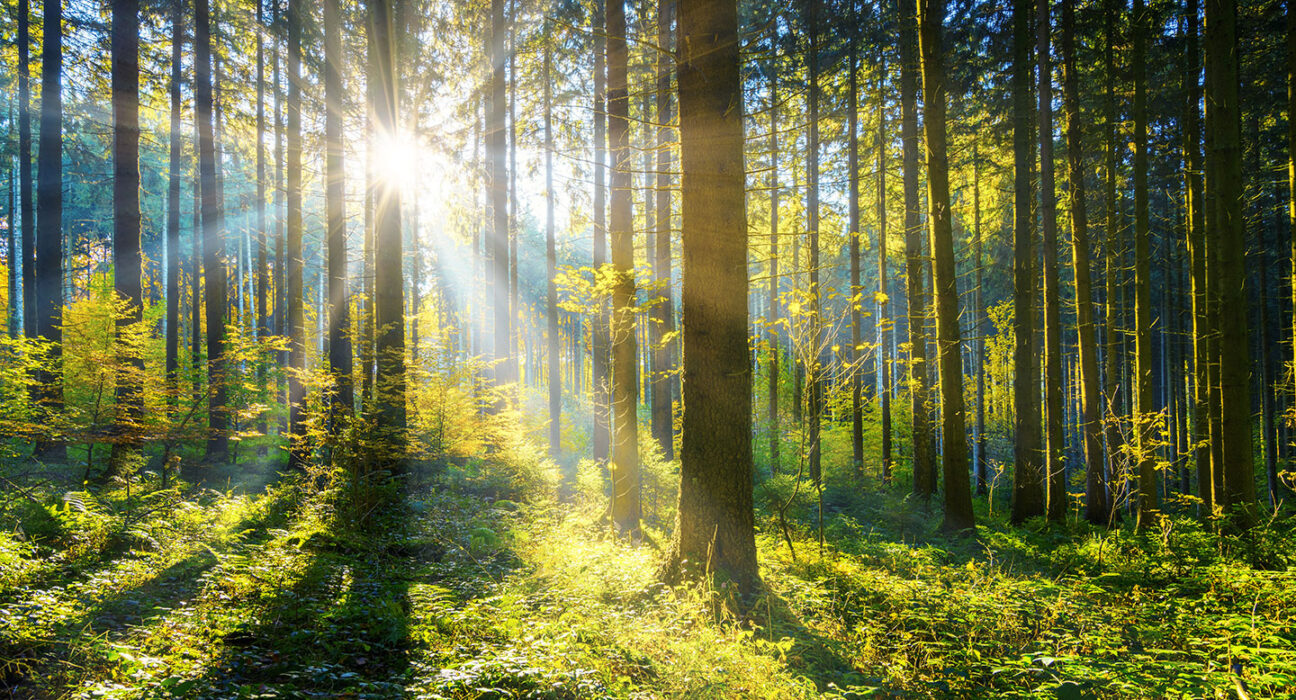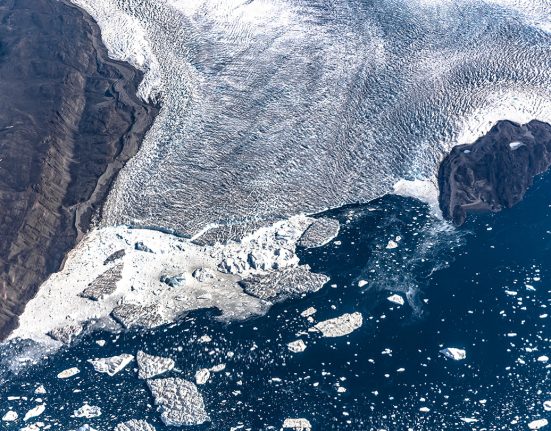agriculture: The growth of plants, animals or fungi for human needs, including food, fuel, chemicals and medicine.
atmosphere: The envelope of gases surrounding Earth, another planet or a moon.
average: (in science) A term for the arithmetic mean, which is the sum of a group of numbers that is then divided by the size of the group.
bacteria: (singular: bacterium) Single-celled organisms. These dwell nearly everywhere on Earth, from the bottom of the sea to inside other living organisms (such as plants and animals). Bacteria are one of the three domains of life on Earth.
canopy: (in botany) The top layer of a tree — or forest — where the tallest branches overlap.
carbon: A chemical element that is the physical basis of all life on Earth. It is an important part of coal, limestone and petroleum. (in climate studies) The term carbon sometimes will be used almost interchangeably with carbon dioxide to connote the potential impacts that some action, product, policy or process may have on long-term atmospheric warming.
carbon dioxide: (or CO2) A colorless, odorless gas produced by all animals when the oxygen they inhale reacts with the carbon-rich foods that they’ve eaten. Carbon dioxide also is released when organic matter burns (including fossil fuels like oil or gas). Carbon dioxide acts as a greenhouse gas, trapping heat in Earth’s atmosphere. Plants convert carbon dioxide into oxygen during photosynthesis, the process they use to make their own food.
climate: The weather conditions that typically exist in one area, in general, or over a long period.
climate change: Long-term, significant change in the climate of Earth. It can happen naturally or in response to human activities, including the burning of fossil fuels and clearing of forests.
ecologist: A scientist who works in a branch of biology that deals with the relations of organisms to one another and to their physical surroundings.
forest: An area of land covered mostly with trees and other woody plants.
fossil fuel: Any fuel — such as coal, petroleum (crude oil) or natural gas — that has developed within the Earth over millions of years from the decayed remains of bacteria, plants or animals.
greenhouse gas: A gas that contributes to the greenhouse effect by absorbing heat. Carbon dioxide is one example of a greenhouse gas.
hypothesis: (v. hypothesize) A proposed explanation for a phenomenon. In science, a hypothesis is an idea that must be rigorously tested before it is accepted or rejected.
landfill: A site where trash is dumped and then covered with dirt to reduce smells. If they are not lined with impermeable materials, rains washing through these waste sites can leach out toxic materials and carry them downstream or into groundwater. Because trash in these facilities is covered by dirt, the wastes do not get ready access to sunlight and microbes to aid in their breakdown. As a result, even newspaper sent to a landfill may resist breakdown for many decades.
laser: A device that generates an intense beam of coherent light of a single color. Lasers are used in drilling and cutting, alignment and guidance, in data storage and in surgery.
methane: A hydrocarbon with the chemical formula CH4 (meaning there are four hydrogen atoms bound to one carbon atom). It’s a natural constituent of what’s known as natural gas. It’s also emitted by decomposing plant material in wetlands and is belched out by cows and other ruminant livestock. From a climate perspective, methane is 80 times more potent than carbon dioxide is in trapping heat in Earth’s atmosphere, making it a very important greenhouse gas.
microbe: Short for microorganism. A living thing that is too small to see with the unaided eye, including bacteria, some fungi and many other organisms such as amoebas. Most consist of a single cell.
oxygen: A gas that makes up about 21 percent of Earth’s atmosphere. All animals and many microorganisms need oxygen to fuel their growth (and metabolism).
potent: An adjective for something (like a germ, poison, drug or acid) that is very strong or powerful.
rainforest: Dense forest rich in biodiversity found in tropical areas with consistent heavy rainfall.
recall: To remember.
skeptical: Not easily convinced; having doubts or reservations.
species: A group of similar organisms capable of producing offspring that can survive and reproduce.
tropics: The region near Earth’s equator. Temperatures here are generally warm to hot, year-round.
United Kingdom: Land encompassing the four “countries” of England, Scotland, Wales and Northern Ireland. More than 80 percent of the United Kingdom’s inhabitants live in England. Many people — including U.K. residents — argue whether the United Kingdom is a country or instead a confederation of four separate countries. The United Nations and most foreign governments treat the United Kingdom as a single nation.
wetland: As the name implies, this is a low-lying area of land either soaked or covered with water much of the year. It hosts plants and animals adapted to live in, on or near water.













